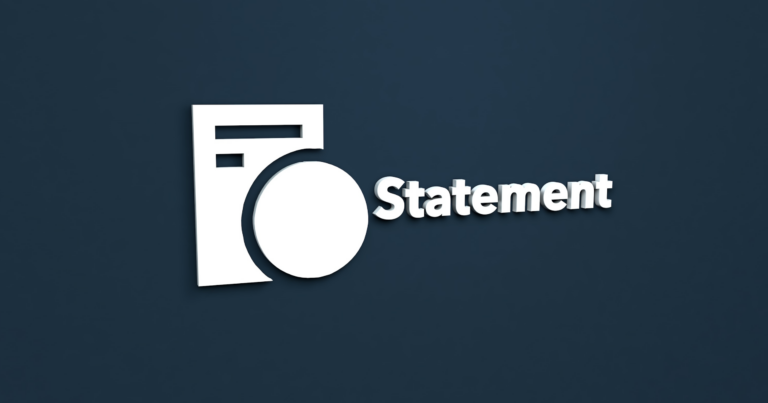When I speak to employers about recruiting disabled candidates I’m often told that they would like to receive more applications from disabled people, but few seem to apply.
They are quick to assure me that they treat all applicants the same and would not discriminate against anyone.
However, discrimination can be very subtle and is often unconscious. It could be that your hiring process is inaccessible to some people.
You could be doing everything right, but failing to project the right image. For instance, perhaps you have very few visibly disabled people working in your organisation, so disabled applicants might assume they would not be welcome.
Assuming you understand the many business benefits of employing disabled people, how can you ensure your hiring process is accessible, inclusive and attractive to this pool of talent?
Build your reputation as an inclusive employer
If disabled people already know that you are inclusive and accessible, and welcome diverse talent, they are much more likely to apply.
Many disabled candidates have faced barriers and discrimination previously, and need to be confident you will take their application seriously. Making your commitment to inclusion very clear can help, for example by becoming a “Disability Confident” employer.
Creating a culture where employees feel safe to talk about disability will help your organisation’s reputation as an inclusive employer.
Think carefully about advertising
Are you advertising your roles where disabled candidates will be looking?
This may include specialist job boards such as Evenbreak, disability journals like Pos’Ability or specialist recruitment agencies. The wording of the advert also needs to make it clear you welcome applications from disabled people.
Accessible recruitment processes
There may be barriers within your recruitment process that prevent people with particular impairments from accessing it at all.
Some online job application forms are inaccessible to some people – do you offer an alternative way to apply?
Sometimes interview venues are inaccessible for, say, wheelchair users.
The interview itself is already known to be a poor predictor of future performance, and this is more likely to be the case with an Autistic candidate, or a candidate with high anxiety, or maybe a candidate with learning difficulties.
There may be barriers within your recruitment process that prevent people with particular impairments from accessing it at all.
Increasingly recruiters are offering relevant work-related tests or tasks, or work trials, instead of interviews – this is a good way to ensure that all candidates have a fair chance of demonstrating their abilities.
Some people may have gaps in their CV which may seem off-putting to employers without an explanation. For this reason, the Disability Confident initiative encourages employers to commit to offer an interview to disabled people who meet the minimum criteria for the job (a “guaranteed interview scheme”).
Make reasonable adjustments
One way to ensure fairness is to make it very easy for candidates to request reasonable adjustments throughout the recruitment process.
The role of reasonable adjustments is not to give a disabled candidate an unfair advantage over other candidates, but to remove any barriers they may face, and level the playing field.
This could include offering alternative formats for application, help with completing an application form, providing a British Sign Language interpreter, giving a candidate more time for certain tests, and other adjustments depending on the specific barriers each individual candidate may experience.
Ensure your staff are trained
It is important that people involved in recruitment are trained in how unconscious bias might impact their perceptions of candidates, and to have some disability awareness training.
People responsible for making hiring decisions need to ensure they are looking purely at the candidate’s existing or potential ability to do the job (with workplace adjustments if required) without being influenced by irrelevant factors.
Ensuring that your hiring process is genuinely inclusive and accessible is important, and this may only require small, but important, changes.
If you have disabled employees you could ask them to review your current process for accessibility. There are also organisations which offer audits to externally assess your recruitment process for accessibility, for example the Business Disability Forum.
The more inclusive and accessible your organisation is, the more attractive you will be to a talented pool of candidates that may have been previously excluded.
The REC’s Good Recruitment Campaign is helping businesses of all sizes benchmark their recruitment methods and reinvigorate their strategies in order to attract the right candidate. Find more information about inclusive hiring on the Good Recruitment Hub.



